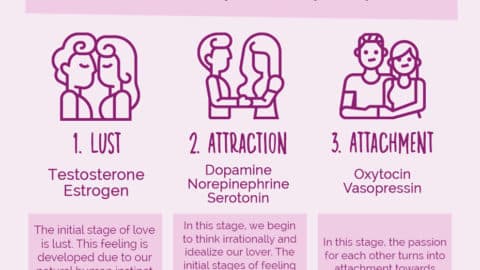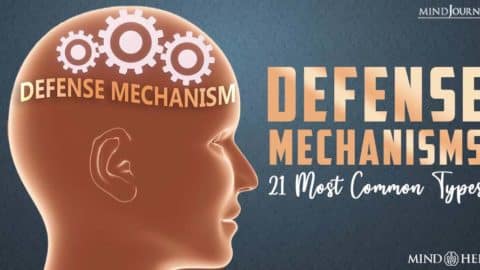Mental health has become a major concern in contemporary workplace discussions about well-being.
Human Resources (HR) leaders are aware of their critical role in creating a supportive environment and find themselves navigating through mental health solutions that often do not meet the fundamental needs of their workforce.
Although companies may make sincere efforts such as shifting from one Employee Assistance Program (EAP) provider to another, actively trying to reduce the stigma around mental illness, and enhancing benefits packages.
They still face long-standing obstacles when it comes to obtaining mental health solutions that will have significant and sustainable impact on workers.
However, even with these proactive measures, there still exists difficulty in finding mental health solutions which adequately cater for different types of mental illnesses experienced by different people within the workforce.
HR leaders continue searching for inclusive solutions towards employee wellbeing which are meaningful and practical, but this remains a daunting task.
To measure the efficacy of these solutions three foundational pillars have emerged as critical gauges:
1. Swift Access to Care
Accessibility is key in mental healthcare. Unfortunately for many people seeking support, there are barriers such as “ghost networks” where listed providers may not be taking new patients or might be unavailable.
The challenge is not just providing a large network but making sure it is relevant and accessible.
What True Access Entails
Tailored Provider Networks: Data-driven insights into employee mental health needs allow for tailored provider networks ensuring alignment with specific conditions or issues like depression or PTSD.
Real-time Visibility: Immediate access to providers with real-time availability empowers individuals to book appointments swiftly crucial for effective care-seeking behavior.
2. Provider Matching
It is not enough to offer accessibility; it is vital to establish an effective link between the patient and the provider.
The effectiveness of this bond depends on many factors such as types of care, demographic characteristics, cultural competence, and client choices.
These factors together help create a therapeutic relationship which is a critical determinant that hugely impacts mental health treatment outcomes.
The Power of Data in Matching
Comprehensive Data Utilization: Leveraging data helps discern why someone seeks help identify specific symptoms aligning them with the right provider possessing suitable expertise and compatible approach.
Tailoring Matches: Recognizing individual preferences and needs matching should go beyond generic network search ensuring compatibility and effective treatment goes beyond a generic network search to ensure compatibility and effective treatment.
3. Quality of Care
Once access and matching are achieved, focus shifts on treatment quality. Fast access means nothing if it does not translate into effective care provision.
Measurement-based care (MBC) stands out as reliable measure assessing quality mental health treatment.
The Role of Measurement-based Care for Employees
Systematic Evaluation: MBC involves collecting and evaluating symptom data at regular intervals to inform care decisions adjust treatments monitor progress.
Quantitative Benchmarking: Using validated clinical assessments helps understand monitor measure severity providing tangible benchmarks for evaluating improvement.
Why These Pillars Matter
The current workplace mental health landscape calls for a paradigm shift. Traditional approaches like vast provider networks or stigma reduction have limitations.
Recognizing importance fast access effective matching quality care ensures holistic approach employee’s mental health.
These pillars act as benchmarks ensuring that mental health solutions offered by companies go beyond mere accessibility and address nuanced needs of individuals.
By adopting a strategy rooted in these three pillars, companies can create a robust mental health infrastructure.
This approach prioritizes not only access but also tailored and quality care fostering supportive workplace culture where mental health is genuinely addressed.
This transformative shift marks departure from conventional solutions heralds new era employee-centric mental health care strategies workplaces.





